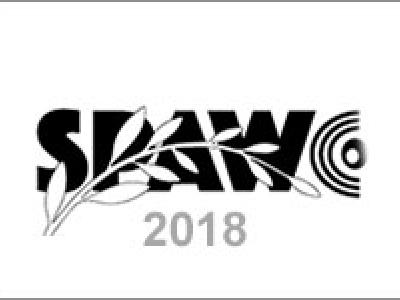Documents
Poster
Mobile App User Choice Engineering using Behavioral Science Models

- Citation Author(s):
- Submitted by:
- Iordanis Koutso...
- Last updated:
- 22 June 2018 - 8:16am
- Document Type:
- Poster
- Document Year:
- 2018
- Event:
- Presenters:
- Iordanis Koutsopoulos
- Paper Code:
- spawc18001
- Categories:
- Log in to post comments
When interacting with mobile apps, users need to take decisions and make certain choices out of a set of alternative ones offered by the app. We introduce optimization problems through which we engineer the choices presented to users so that they are nudged towards decisions that lead to better outcomes for them and for the app platform. User decision-making rules are modeled by using principles from behavioral science and machine learning. Such instances arise in (i) mobile crowdsensing campaigns, where tasks are assigned to users through the app, and the goal is to optimize the quality of fulfilled tasks; (ii) smart-energy apps, where energy-saving recommendations are issued through the app, and the goal is to optimize energy savings; (iii) mobile advertising, where ads or offers are projected to the user, and the aim is to optimize revenue through user response to ads. Each user is modeled as a vector of feature values for a set of features. In an important class of decision-making models in behavioral science, the lexicographic fast-and-frugal-tree (FFT) heuristics, user decision emerges through a ranking of features that in turn gives rise to a decision tree. Having the incentive as a controllable feature that guides the user decision process, we study and characterize the complexity of the problem of allocating choices and incentives to users out of a limited budget. Numerical results indicate important performance gains when the incentive allocation policy adapts to user lexicographic choices.

